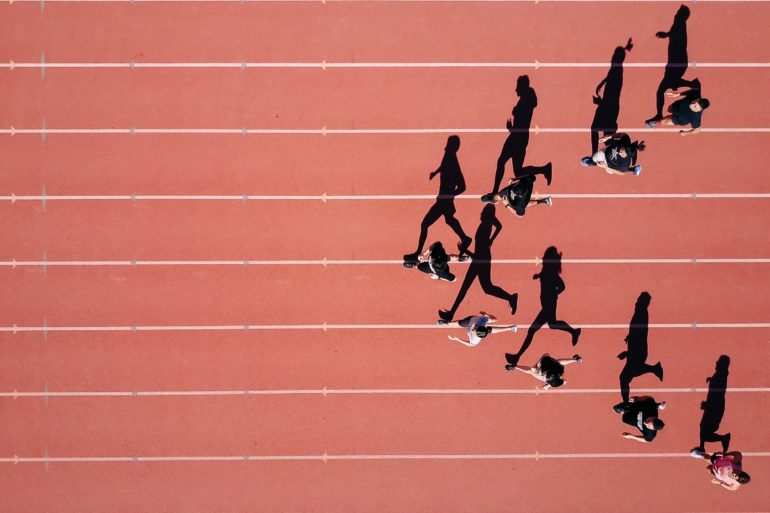
The Basics: How good diet and exercise can help teens
The therapeutic mental benefits of proper diet and exercise are well-established. The brain is a part of the body, and improving bodily health lessens depression and anxiety, stimulates productive thinking and higher energy levels.
However, many articles on the topic focus on adults. For teenagers, who are still developing physically, mentally, and emotionally, diet and exercise can play a huge role in setting the table for their development as adults.
Unfortunately, one-third of American teens are overweight—young people today eat more and exercise less. Childhood obesity has ramifications that extend beyond a teen’s physical well-being but impact on our teenagers’ mental health. Parents aren’t expected to be full-time nutritionists and workout coaches, but they can assist with some of the basics.
Limit Sugar: Limiting sugar intake is maybe the most critical point in proper nutrition for teens. Because of over-reliance on processed foods, sugar can be ubiquitous in a teen’s diet. Since kids tend to gravitate towards sweets already, young people may be consuming far too much sugar for their bodies.
Overdoing sugar leads to the sugar rush, then invariably the sugar crash. Moods become erratic, quick bursts of energy lead to prolonged bouts of lethargy. Being mindful of the teen diet, eliminating processed foods wherever possible, eliminating sodas, and limiting the number of sweet treats, can foster stable moods and energy levels.
H2O: This one is super-basic but often forgotten. Our bodies are primarily made of water, and maintaining optimal functioning in mind and body requires ample amounts of it. Teenagers are prone to forgetting to take the time to drink the recommended quantity of water in the course of their days. Start with drinking at least half an ounce of water per pound of body weight of water each day. Many of the drinks popular with teenagers—sodas, energy drinks—are not only full of sugar, but they fail to provide substantive hydration.
Just as kids benefit early on from learning to brush their teeth at night, they would benefit from a practice of drinking plain old water several times a day.
Get Active: In our technological age, we are disposed to be more sedentary than ever before. For teens, a lack of regular exercise can be especially harmful.
Numerous studies have shown the link between mental health and exercise. Exercise leads to smoother brain function, better sleep, and more consistent energy. The release of endorphins resulting from strenuous activity promotes a sense of well-being and positivity. Teenagers who play sports tend to feel better about themselves, and thus hopefully less subject to a negative self-image.
Exercise, particularly for teens, is a great way to connect and bond with others, whether through organized sports or less structured play with family and friends. Not every kid is going to be an athlete, but every teen can benefit from an hour a day of getting active.



